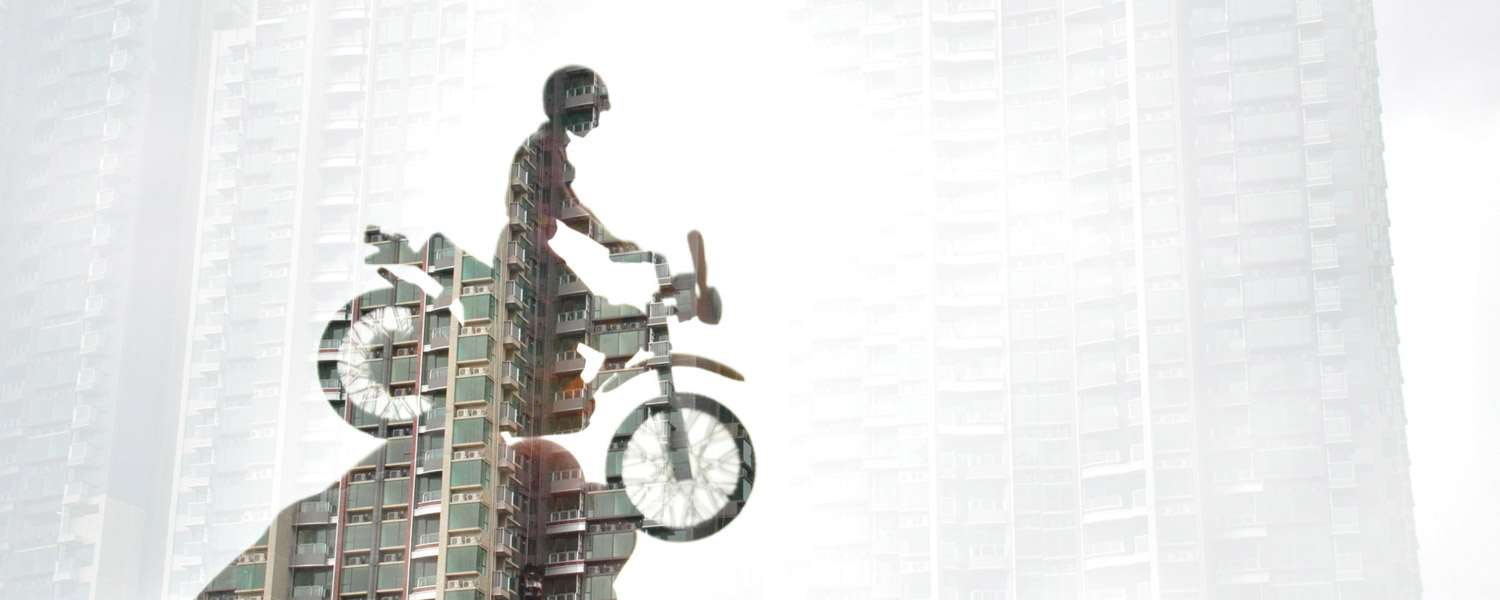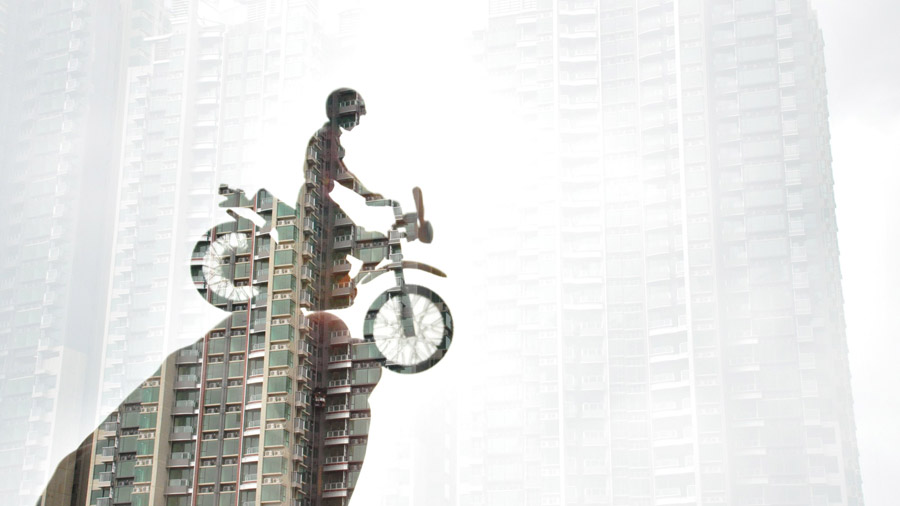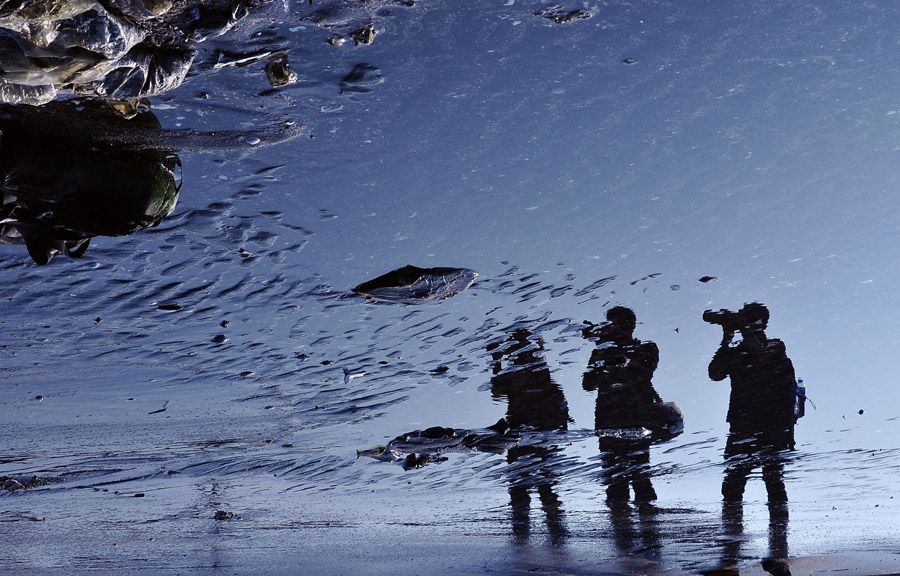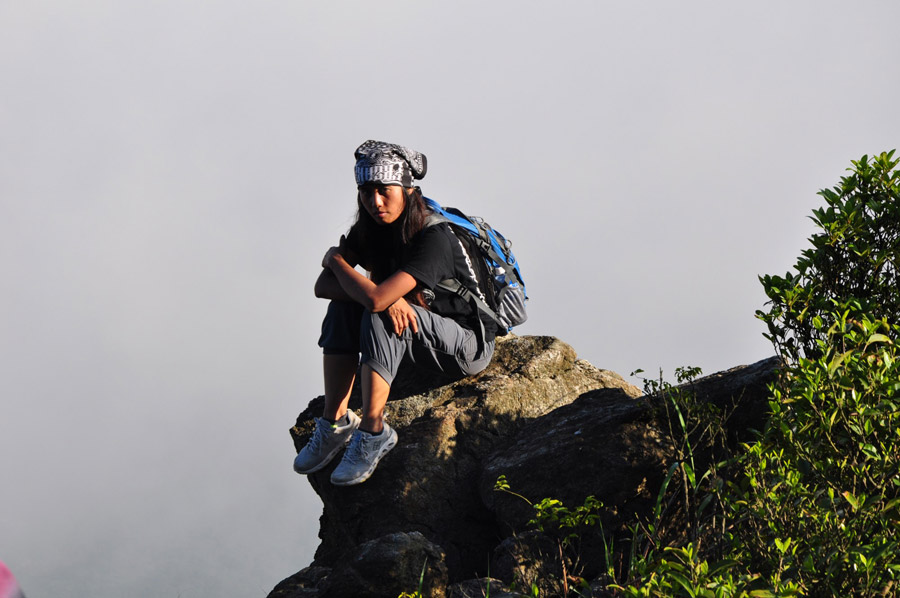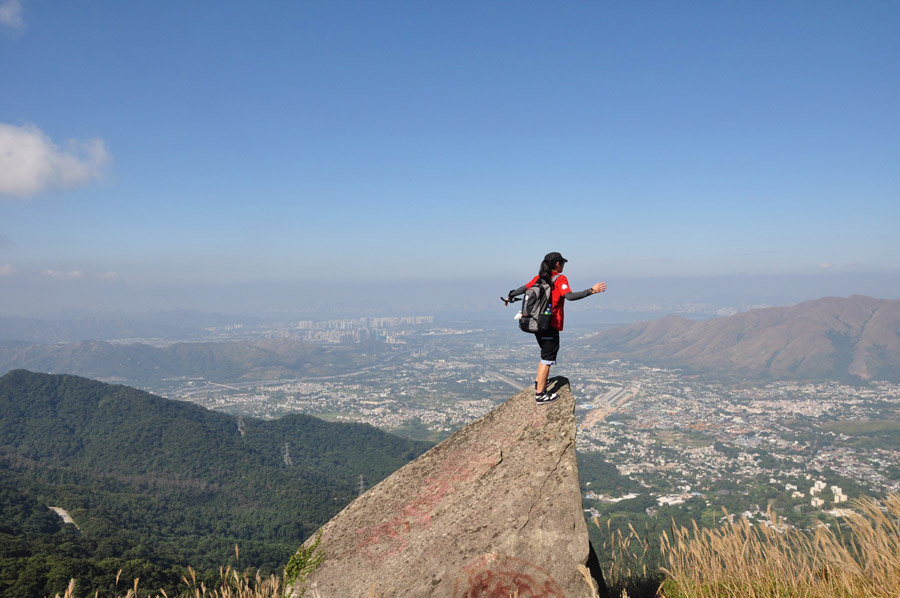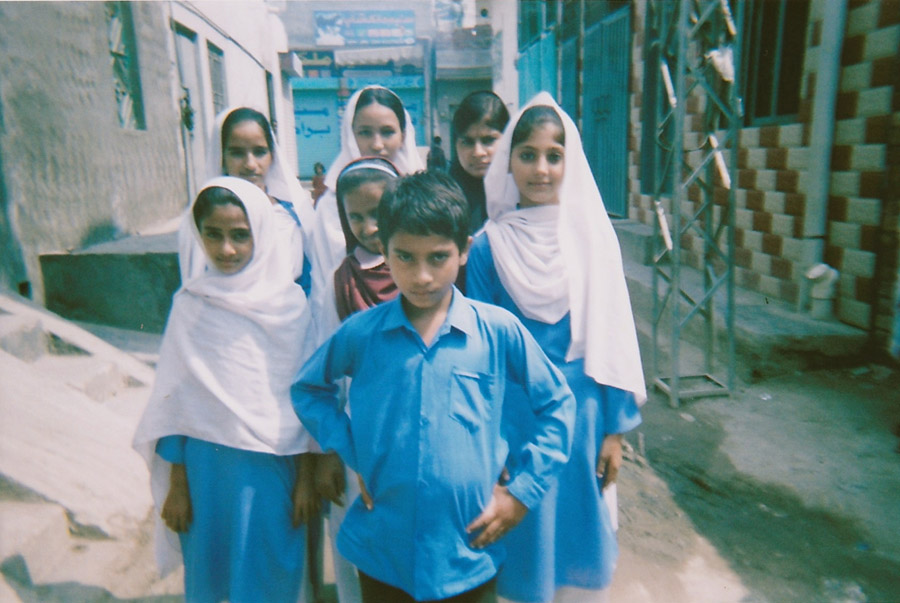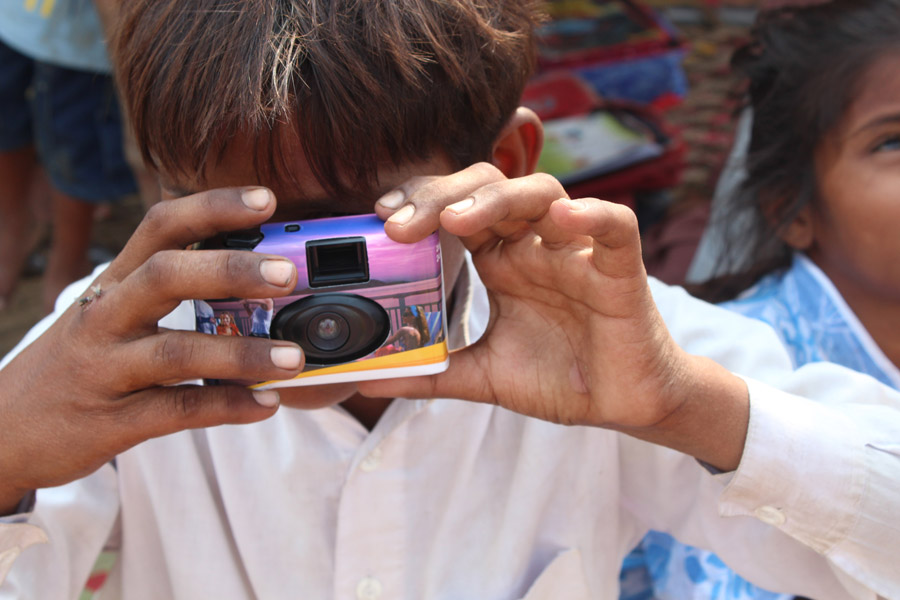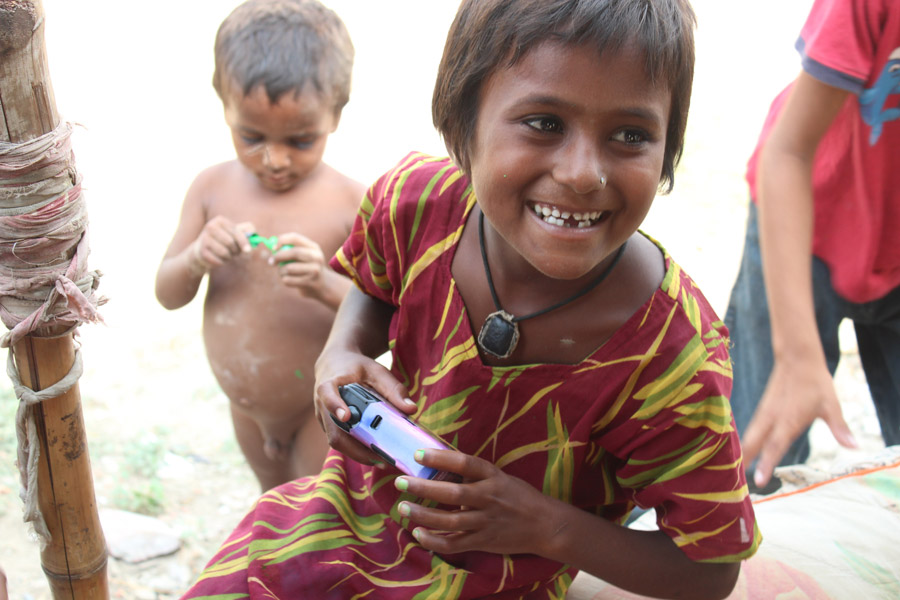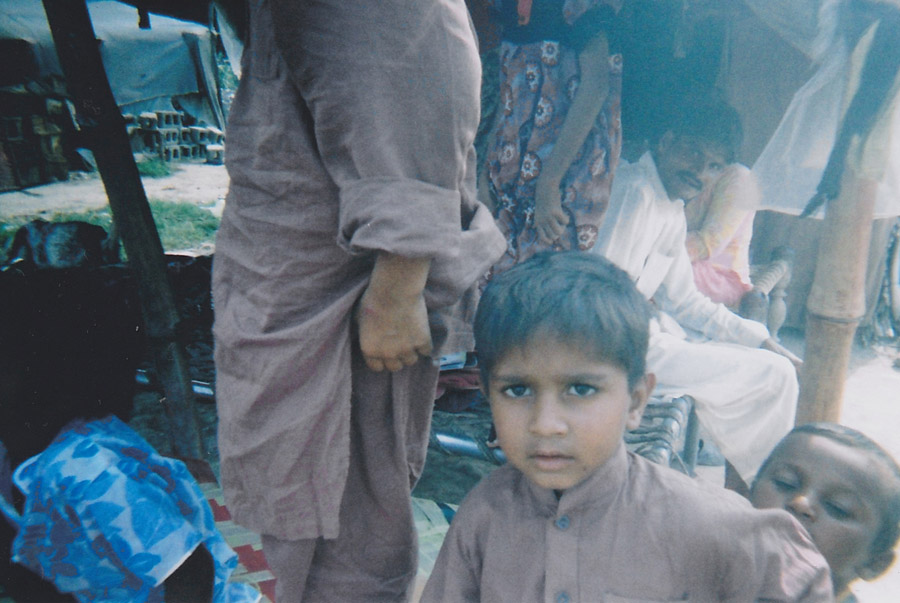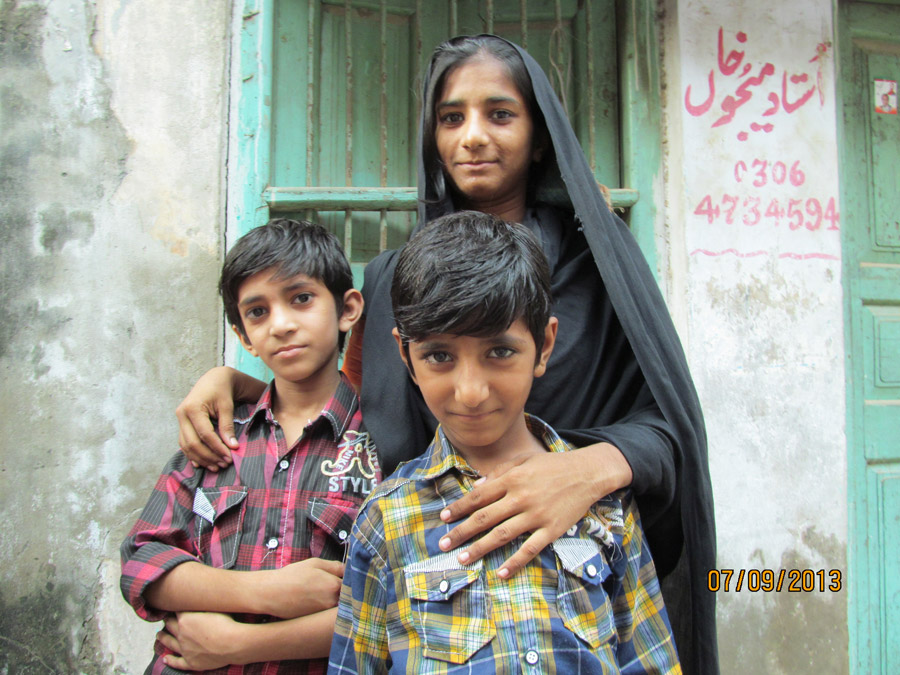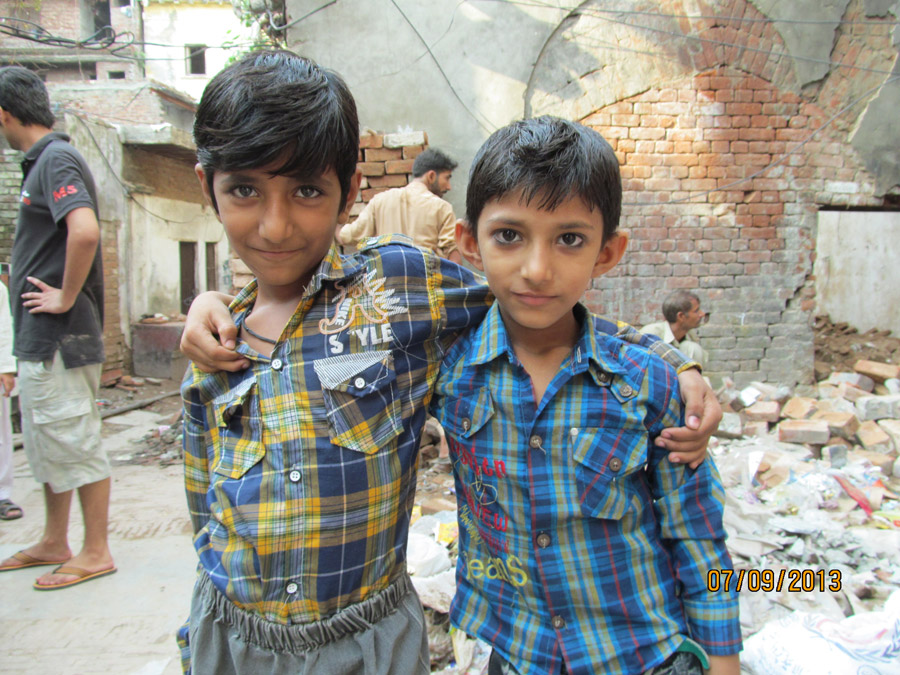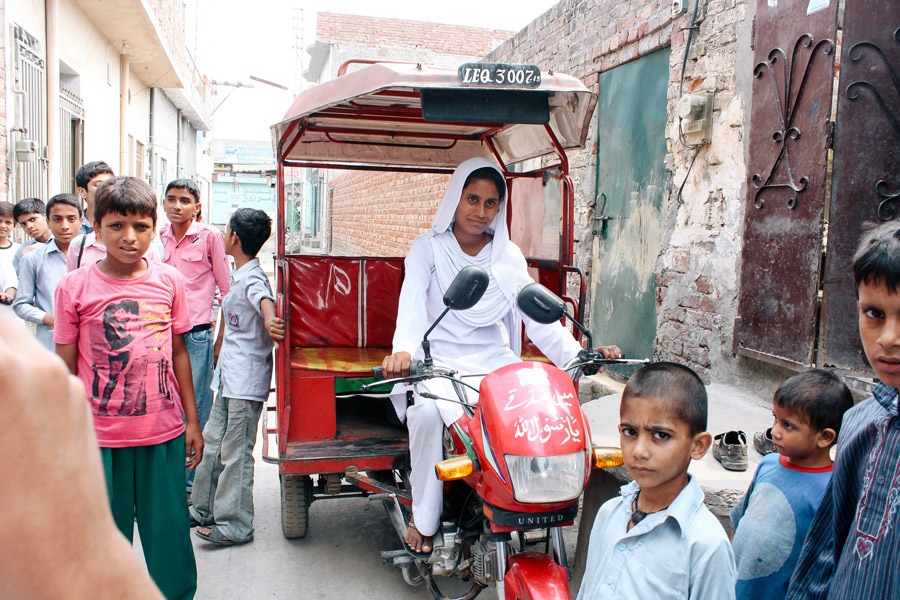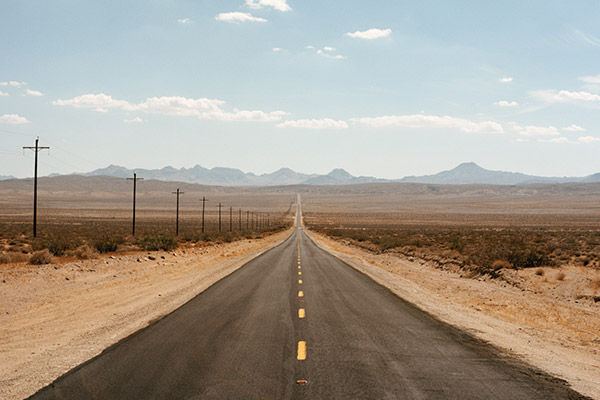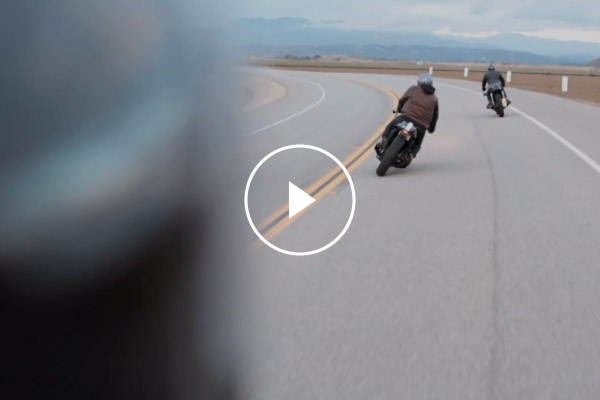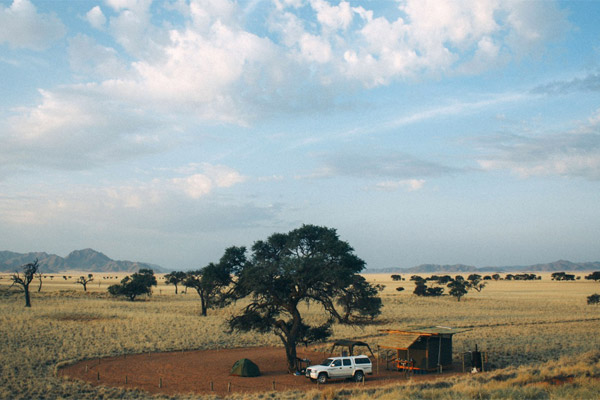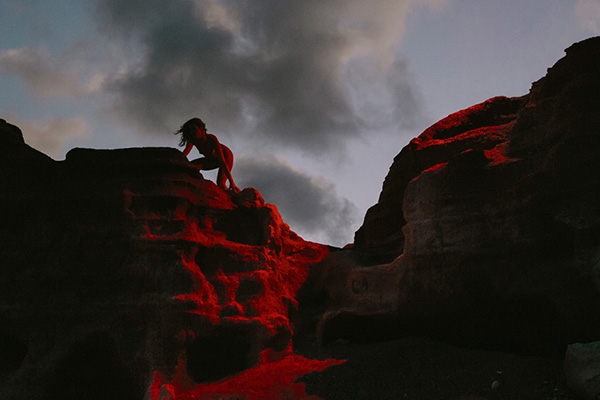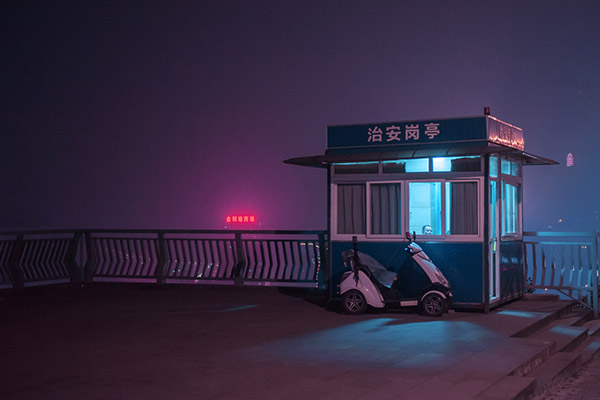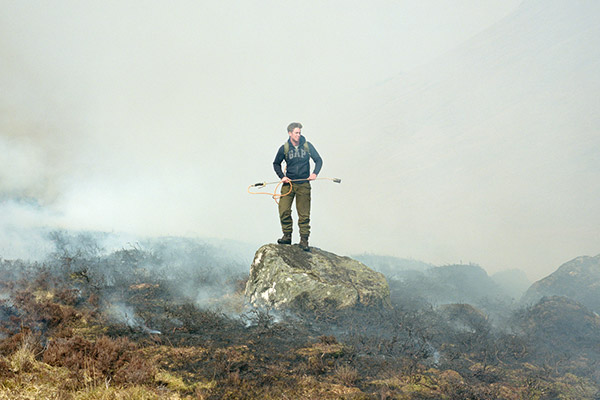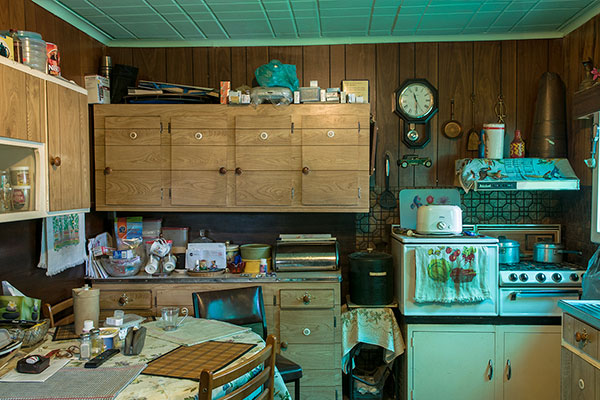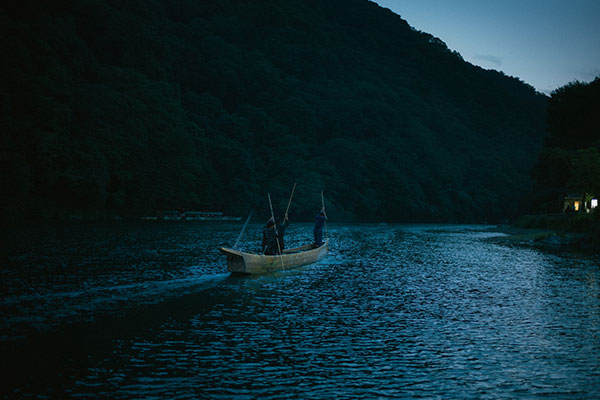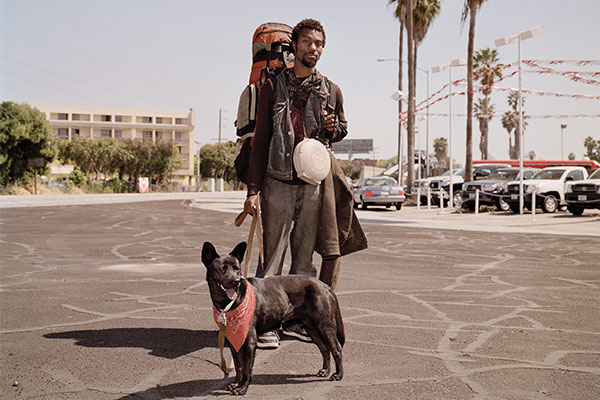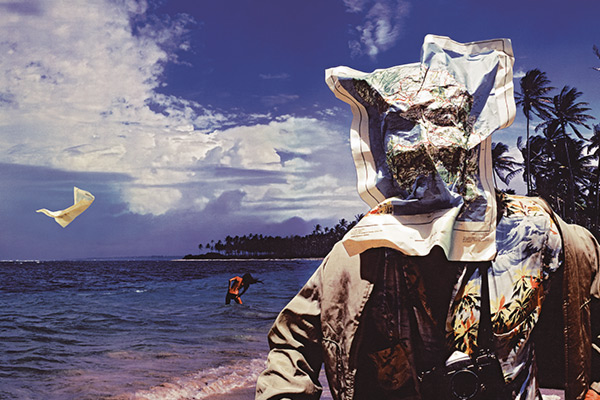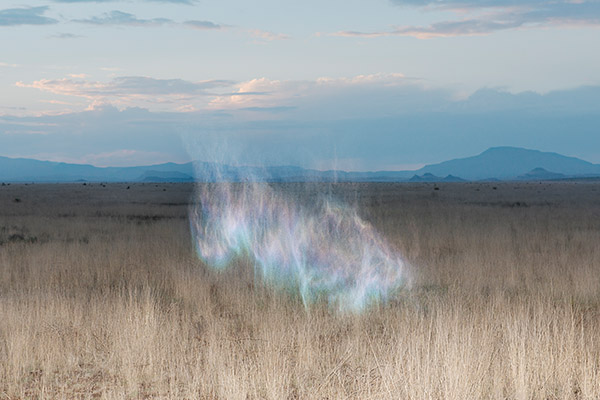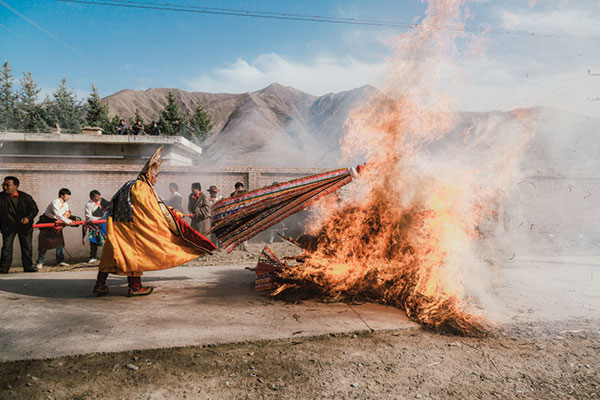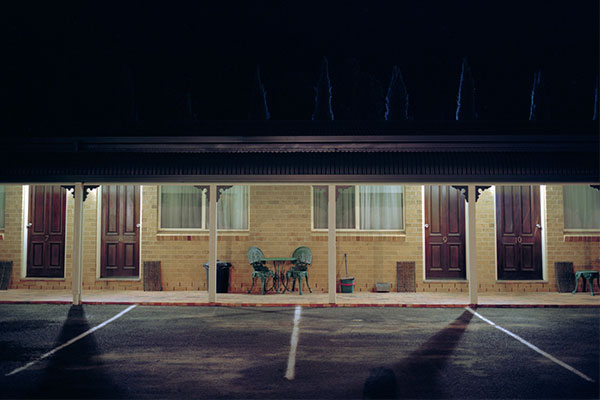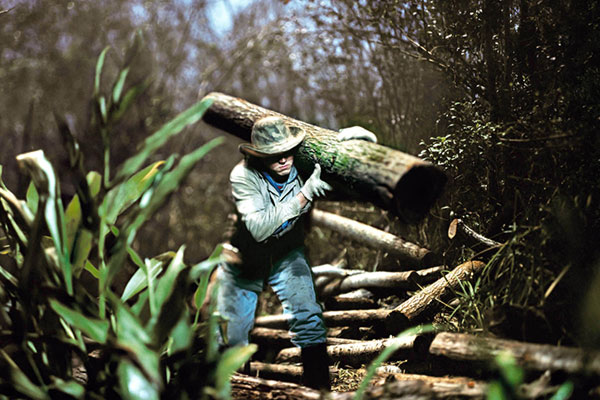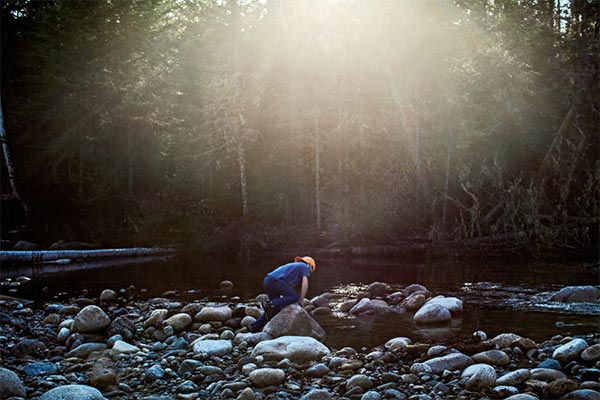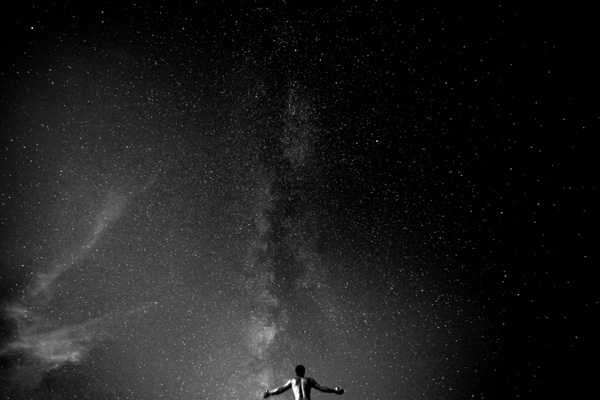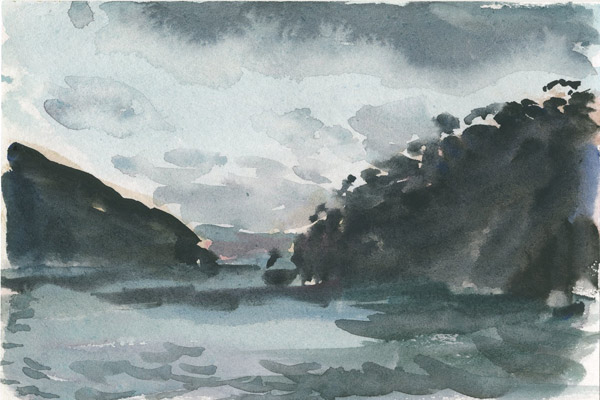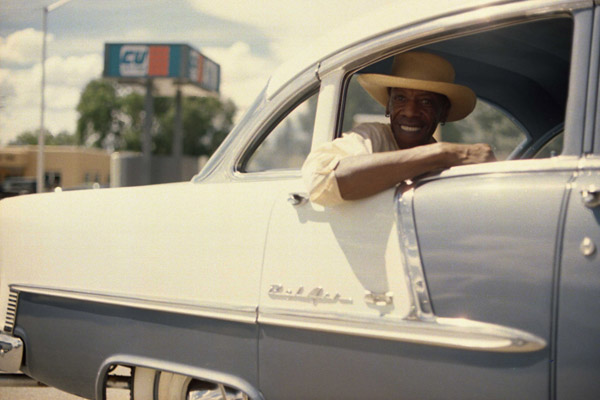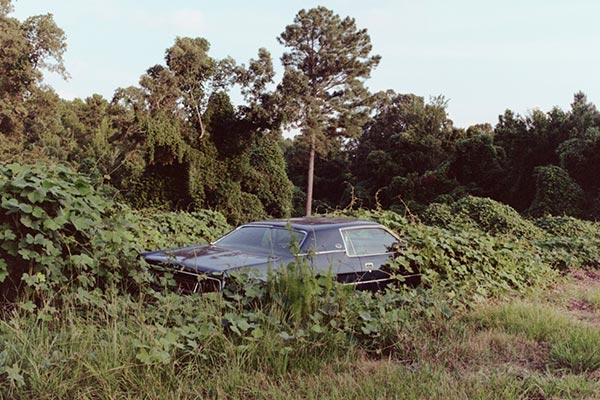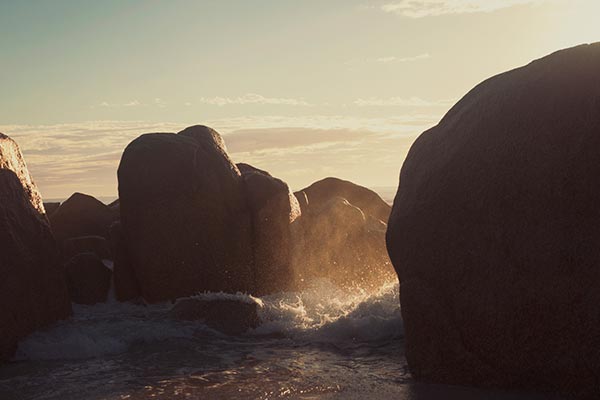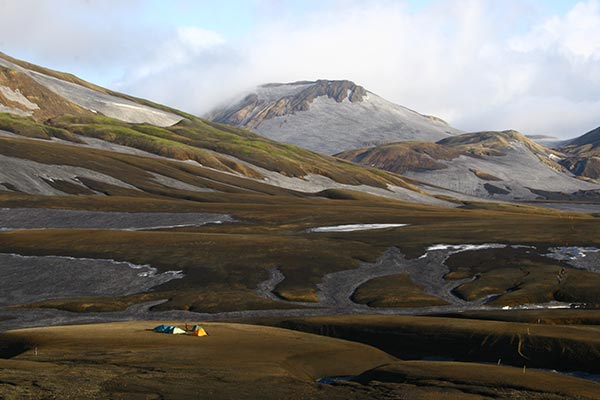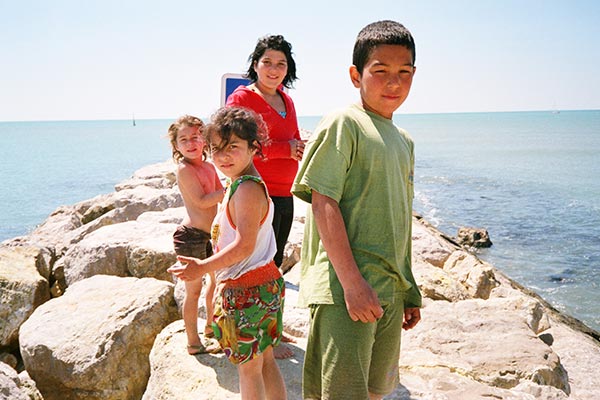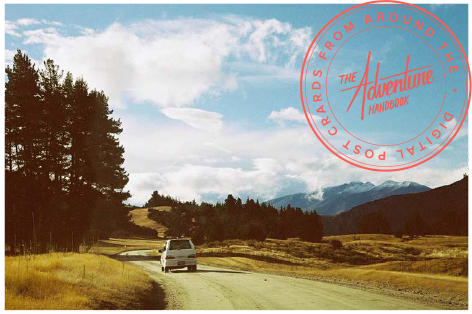Lensational is an award-winning, not-for-profit social enterprise and global network of volunteers all working toward a common cause: empowering women through photography.
They’ve run programs with women in Pakistan, Bangladesh, Hong Kong and mainland China, the Philippines and Indonesia. The myriad different lives these women live is what Lensational seeks to tailor each workshop and program they run.
Bonnie Chiu, founder of Lensational, and Yuen Sin, head of Marketing and Communications, sat down with me over Skype to answer a million questions I had about this inspired humanitarian enterprise, that felt so fresh yet so determined.
It actually made a whole lot more sense as they materialised in pixels before me. This youthful humility and exuberance. They both turn a whopping 23 this year.
They’ll also launch their first independent UK exhibition this year, ‘Transit in Doubt’, featuring the work of 10 foreign domestic workers living and working in Hong Kong. Their perspective are unique, widely unrecognised and subsequently intimate.
If you’re in London, it’s not one to be missed.
When did Lensational begin?
Bonnie: Lensational started on the International Women’s Day of 2013, so it’s been two and a half years. Yuen joined in January in 2015 – which was also the year we moved to London and really expanded our operations globally.
Was there a catalyst that led you to the idea – of empowering women through photography?
Bonnie: There was one encounter that I always remember, when I was travelling in Istanbul. Like any other tourist I was clicking pictures, when four Turkish girls came up to me. I was teaching them to take pictures quite informally, they spoke a little bit of English, not well but enough. It was so refreshing to see things through their eyes. They wore hijab and they were quite young, around 16 years old. The media has a certain portrayal of Muslim girls – it was just so interesting to see things a different way, and somewhat contradictory to these misconceptions. That happened way before Lensational started, but it planted the seed. Until my cofounder at that time, Peggy, and I came up with the idea for a social enterprise. My background is in Humanities and Literature, but I did my undergrad in Business. I used this acumen to develop Lensational a business model, as opposed to another humanitarian movement. So we sell photos, and we aspire to be a sustainable social enterprise.
The media has a certain portrayal of Muslim girls – it was just so interesting to see things a different way, and somewhat contradictory to these misconceptions.
What happens with the revenue from photographs?
Bonnie: We share the percentage of revenue 50/50. 50% goes back into Lensational, but we’re not-for-profit, so that money continues to reinvest in our work. And 50% goes directly back to the women photographers. Lensational is growing…but we’re volunteers-led. In London we have around 10 people, and about 40 working remotely for Lensational around the world.
What might be the core values or ambitions for the project?
Bonnie: I always say, at the heart of Lensational, is empathy. It’s really about stepping into the shoes of these women and girls whose voices are rarely, if ever, heard. Linked to empathy is humility. The people we help, they are the experts in their own right. Whatever we do is driven by what our women tell us, often through the pictures that they take.
I always say, at the heart of Lensational, is empathy. It’s really about stepping into the shoes of these women and girls whose voices are rarely, if ever, heard.
What would you say is the impact of these stories being seen and heard?
Yuen: I just edited a piece yesterday, from a volunteer who works with a group of domestic helpers in Hong Kong. She was moved by the passion and enthusiasm domestic helpers have for life – it’s not something that is very commonly seen, there is a lot of discrimination against domestic helpers in Hong Kong or even in Singapore where I grew up. A lot of what I read and see really inspires me to be a more emotionally resilient person. In interviews and written contributions to Lensational’s blog, the domestic helpers say things like: ‘I can do whatever I want when I have a day off. I have the freedom to improve and to be better at something that I care about.’
Can you elaborate on the global issues you see Lensational directly addressing – and challenging?
Bonnie: One is feminism. The narratives and the discourse of feminism in the west can be very much blind to intersectionality, women of colour and women from lower classes of society. For example, Islamic feminism is one movement that is now increasingly talked about; that Muslim women have their own understanding of gender equality. Also, international development, we hope that development professionals can pass the power back to the people. And then photography as an industry. Women are often the subjects of the photograph. In that sense, we hope to be provocative, in a way, too.
Can you take me through the practical aspects of a Lensational training session?
Bonnie: Our photography program is usually 4 lessons, 2 hours each, so 8 hours total. On top of that we do photography outings.
We start with the basics of photography, and the first 2 lessons focus on the ‘self’. We do a lot of portraits; we ask them about aesthetics, what they like, colour theory stuff.
Then we focus on society. We ask them to do street photography, and show them some works by other female photographers. One we like to talk about is Vivian Myer. She was a nanny for basically her whole life, and when she died, people then looked into her belongings and they found 10 000 photos that she look. All selfies. They were amazing, and sold for a lot of money. But her story is what we share – that photography is something you can do while you’re staying at home, even though you might be constrained by responsibilities, you can still take pictures. The fourth lesson involves writing captions and choosing the best shots toward creating an exhibition.
Are you ever surprised by the ownership women take of their new photography skills?
Bonnie: It can be surprising how quickly they overcome the shyness in the beginning, talking about themselves and what they like really helps. When I was in Pakistan, the NGO partner we worked with loved Lensational because she’d never seen an approach that focussed so much on the individuality of the women involved. They are often grouped together, or as teachers, or students, no one really asks them individual things – as simple as what colour do you like? What pose? Because of that, they feel pleased and happy with themselves, they overcome the shyness quite easily.
It can be surprising how quickly they overcome the shyness in the beginning, talking about themselves and what they like really helps.
Where do see Lensational go in the next couple of years?
Yuen: Extend sustainably the programs that we have in the countries already and find a way for volunteers and ourselves to contribute in a more structured way. It would be really meaningful to see the women’s photographs in exhibitions, and be able to get some income and revenue from that.
Bonnie: One of our volunteers told me she hoped one day that Lensational would become like Save the Children. A truly international humanitarian organisation that has a footprint all over the world. Another volunteer told me he wants Lensational to be the next Getty Images, that will showcase photographs by women and also be a really successful business. For me, knowing how different volunteers perceive Lensational’s future shows the dynamism we still enjoy as an organisation. But ultimately, I think for all of us, it’s to listen to what our women want, and that will inform what we do in the next 5 years.
How do volunteers sign up?
Bonnie: Volunteers can send us a tweet, or an email (info@lensational.org) and we’ll reach out to them. We have a few working groups, in Hong Kong and London where we manage majority of activities, but we also have some work like Social Media, and Photography and Research, that mean people can actually work virtually for Lensational. Even if they are based in Australia, we’re more than happy to have them work from there.
Good to know – we’re in! Thanks for chatting to me.
The exhibition of works by 10 domestic workers living and working in Hong Kong ‘Transit in Doubt’ will be shown Art Represent from September 3 – 18.
To find out more about their programs and how to get involved, visit their website.
Interview with Bonnie Chiu and Yuen Sin by Emilia at AHB. Images provided by Lensational.
Receive a postcard from us sign up


